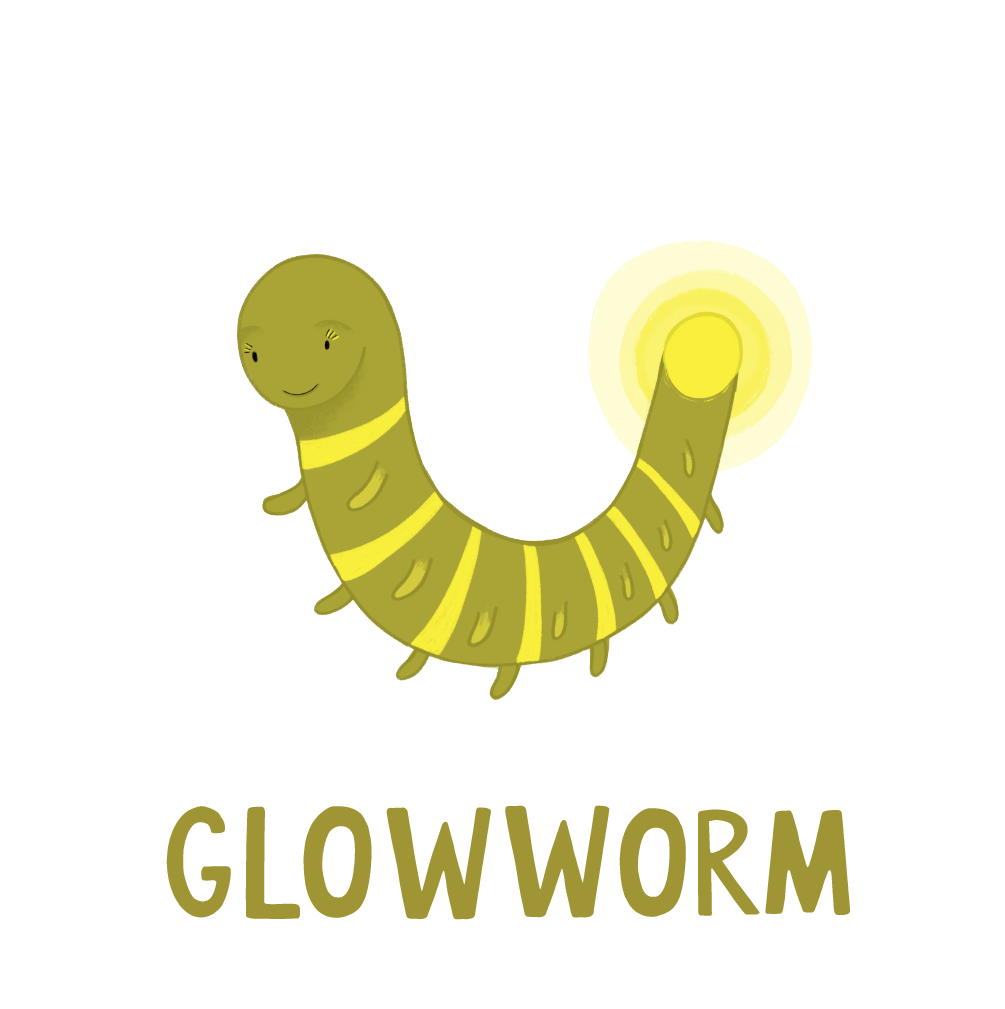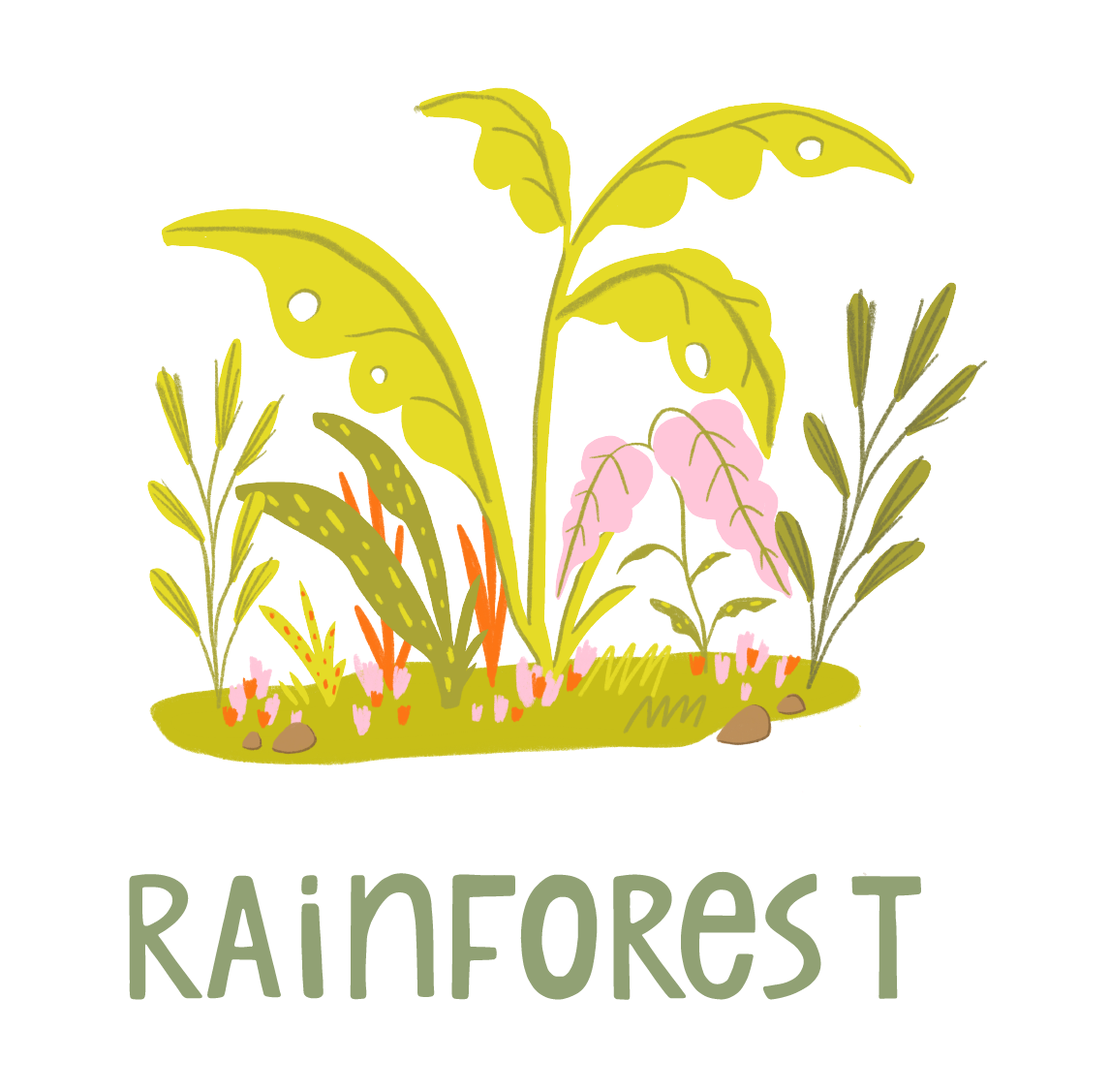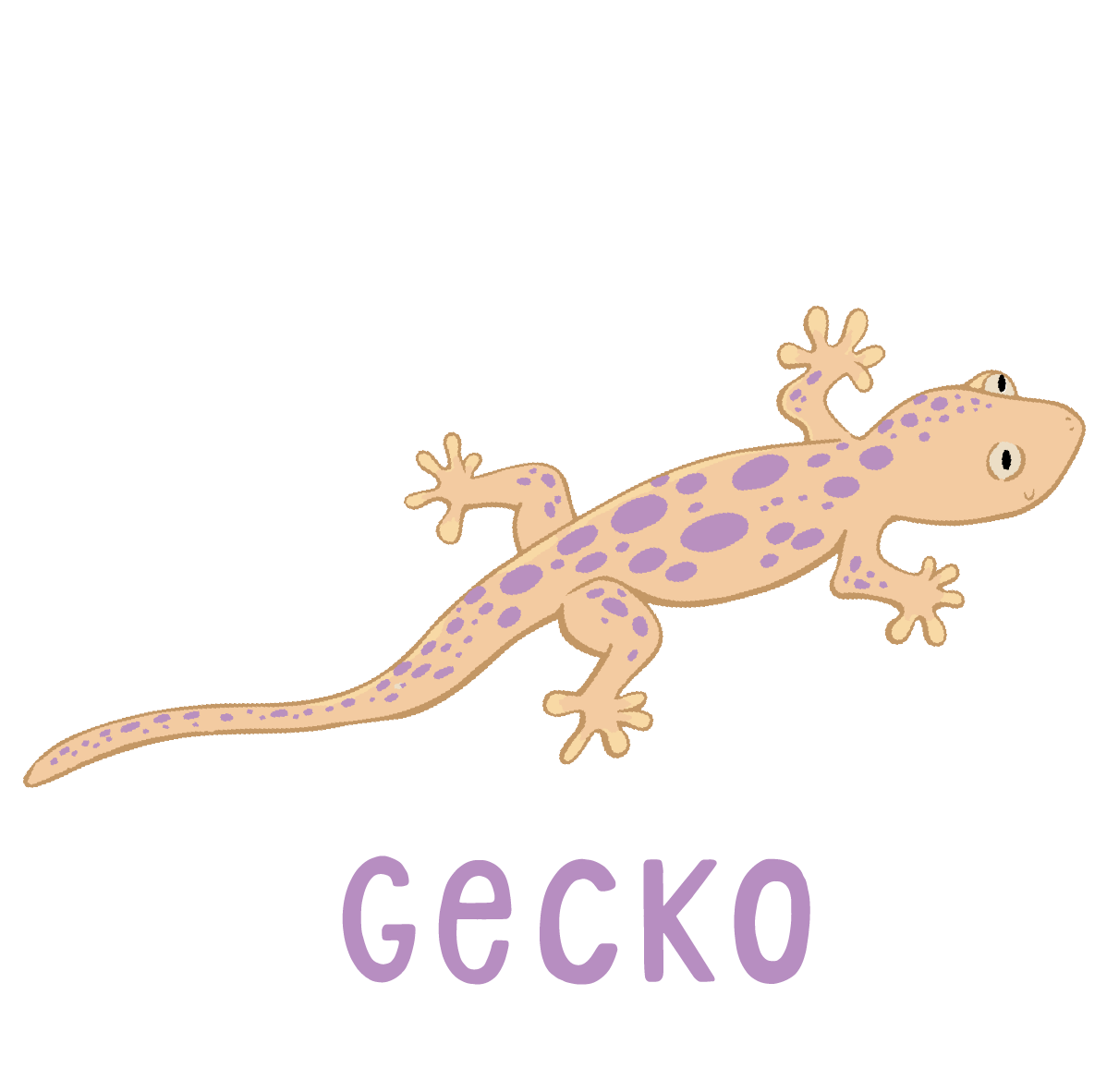Our Program
Our program implements the National Quality Framework to create an environment that acknowledges and values the individual needs of all children attending Joey’s Pouch. We use the Early Years Learning Framework to provide a meaningful educational program, based on early childhood development, where children learn through play.
The strong bonds our educators foster with children allow them to observe and identify children’s emerging interests and needs and develop targeted learning opportunities that are engaging and developmentally appropriate. When designing the program, educators strive to balance intentional teaching, observations of children’s interests and growth, theories of development, and foster a partnership between families to establish continuity in the program and to help achieve the best outcomes for children. Our program develops a high level of self-esteem and independence in our children so they can explore, build an awareness of the environment – indoor and out – and guide children’s curiosity, love and respect for our natural world.
Daily Activities
Daily activities at Joey’s Pouch revolves around intentional and spontaneous play and learning experiences.
Our outdoor space provides a rich source of sensory experiences that stimulate teaching through textures, colours, sounds, smells and even tastes. Garden beds weave their way through our outdoor play area and all children are encouraged to care for the garden.
The children’s love for their natural surroundings at Joey’s Pouch is epitomised by their ever-growing collection of ‘special’ rocks, sticks, leaves, and seeds you are bound to find housed within every pocket of their bag!
Our centre is well-resourced with an unlimited supply of arts and crafts opportunities, many of which are provided by our natural environment and recycled everyday items.
We display children’s creations around the centre which increases their sense of ownership and belonging within the facility and showcase their work at the annual Murwillumbah Show, generating a real sense of pride and achievement. We recommend you create a fridge artwork display roster because you will have more creations than space as the year progresses!
Visitors to Joey’s Pouch
As part of our partnership with the Burragun Aboriginal Cultural Service, Uncle Boomerang visits our centre monthly - sharing stories, songs, artefacts and activities that centre around First Nations Peoples’ knowledge and understanding.
Music and dance activities spontaneously occur throughout the day at Joey’s as determined by children’s daily interests.
In addition to this, the Clapping Hands Music Programme also runs weekly at the centre. During these weekly sessions, children explore, express and learn through dance, song and musical instruments.
The programme is provided by Shannon Rees, a Registered Music Therapist who holds a degree in Social Science (Welfare Studies) and comes with a plethora of professional experience in this field. Shannon’s programme uses music and movement as a way to foster an environment where children can:
Connect with and regulate their emotions
Build and sustain positive relationships
Develop positive coping resources and strategies
Explore and expand self-concept and identity
Reduce anxiety and stress
The Bop It Tots programme, run by Early Childhood Teacher, Jess Collier, also visits the centre weekly. This programme centres on using a wide range of instruments in sing-along activities that incorporate simple action rhymes and props to get children moving and expressing themselves. From hula hoops, puppets, bean bag
Mixed-age play in early education is where children are grouped into various ages rather than confined to groups based on their ages. Such an approach provides the following benefits:
Opportunities for younger and older children to learn from each other; older, more competent children often provide leadership and support to those who are younger and less capable. Young children are exposed to more advanced language levels and complexity, which develops their communication skills. In turn, older children learn how to adapt their language, behaviours and expectations to meet the age of the children they’re playing with; often becoming skilled at ‘reading’ and responding to younger children’s non-verbal cues. Play is often more complex because older children extend younger children’s ideas.
As previously mentioned, siblings have opportunities to play with and near each other which helps younger siblings settle into care and promotes a family atmosphere within the centre. Children without younger siblings get a chance to assume the role of a big sibling and form relationships with children of different ages that they otherwise would not have the opportunity to.
Shy and less confident pre-schoolers get the chance to mix with younger children to build their confidence and over time, this helps them to interact with children their age or older; relating to our holistic approach to childhood and the diverse needs of every child. Children with developmental delays can also benefit from the freedom to play with younger children who share their interests or abilities.
Overall, children are presented with the opportunity to belong to a diverse group and become tolerant of others and with the support from educators, expediates their social experiences and skills.
Benefits of our mixed-age play.
Upholding the integrity of childhood.
We celebrate the fact that each child develops at an individual pace and our mixed age play space offers a unique opportunity for children to be a part of a cohort of diverse ages and develop their social and intellectual growth.
Our Age Groupings
Glow Worm Group
Ages 0-2
The Glow Worm group marks the beginning of a child’s momentous journey at our centre.
We understand that transitioning from home to daycare is exciting but can also be daunting, so we work closely with parents/carers to ensure a smooth and comfortable transition for your child. We ensure our new children and their families are welcomed with empathy and respect by prioritising learning about each child through thorough observation and daily communication with families; allowing us to meet the unique needs and routines of all children. Our team of experienced educators understands the developmental stages of babies and toddlers. They provide attentive care, guaranteeing that each child receives individualised attention and support. Our educators have undertaken Safe Sleep Training in line with Red Nose recommendations and professional development in areas of baby led weaning, sensory exploration, and functional movement skills for children in this age group.
Butterfly Group
Ages 2-3
We continue to foster the secure and nurturing relationships built with children in the Glow Worm group and continue to provide a safe and engaging learning space for children, ensuring they feel supported as they investigate their interests and develop skills in authentic ways.
By the time children move into the Butterfly group they have a strong sense of self in relation to their place within our centre and feel secure within their surroundings to explore further.
Subsequently, this marks a time in their development when children display a keen interest in cultivating a strong sense of identity with the world around them. Fostering this autonomy and agency is at the forefront of this group’s focus. Educators encourage this by providing an inclusive emergent curriculum that encourages imaginative expression, empathetic understanding, and social skills; all of which are incidentally honed within our open-age space. Guiding children as they learn to self-regulate and develop emotional self-awareness is a crucial focus in the Butterfly group.
Rainforest Group
Ages 3-4
At this developmental milestone, children’s desire to assert their independence is growing, as is their enjoyment of collaborative physical play.
Following children’s increasing desire for independence, we focus on guiding children to become more responsible for their belongings and develop self-help skills. We also provide authentic opportunities for children in this group to assume roles and responsibilities around the centre, if they so wish, like assisting with setting up their own sleep and rest space at rest time or helping around the centre such as folding washing or watering and taking care of our gardens. Contributing to Joey’s community helps children to realise their importance within society and take pride in their achievements.
Navigating emotions and relationships, especially with peers, is a fundamental focus at this age. Therefore, continuing to learn social skills and how to navigate big emotions is a key focus of the Rainforest Group that our educators achieve through helping children build resilience and giving children strategies to regulate their emotions.
Educators ensure that your child is well-prepared to access and achieve educational outcomes through a balance of structured and unstructured activities. Our program covers a wide range of real-life concepts and ideas, enabling your child to effectively express themselves and comprehend the world around them. Our planned experiences encompass areas such as literacy, numeracy, mixed media, social and emotional, cooking and music and movement all guided by the Early Years Learning Framework (EYLF) and the National Quality Standard (NQS) for childcare. At the foreground of our intentional learning is ensuring that everyone feels safe, happy and a valued part of our Joey’s family.
Gecko Group
Ages 4-5
Joining the Gecko group is a particularly special time for children and their families as they saviour the final chapter of their early childhood journey before embarking on the exciting transition into primary school.
Our Gecko’s Future Learners program is run by a university qualified Early Childhood Teacher. This program has been developed to help all children reach their full potential and prepare them with the foundation skills needed to be a future learner. When a child transitions into the Gecko’s, they are already a highly involved and engaged learner.
The characteristics of a future learner have skills such as Resilience – emotional strength, Resourcefulness – cognitive capability, Reflection – strategic awareness, and Relating – social sophistication. All of these skills are collaboratively learnt and taught along the way. Each child will have their own learning journey, meeting developmental milestones through exploring the individual child’s interests and inquiry.
Fostering established friendships, building new ones and bonding through shared interests are foundational to the interests of children at this age. Children’s ability to collaborate, negotiate and resolve conflict is continuing to advance as regular socialisation occurs.
While learning through play remains a pillar of our curriculum, preparing children with the foundational skills required to confidently transition to primary school is a key focus of the Future Learners Program.
Future Learners is an innovative curriculum focused on left brain logic and right brain creativity that involves both structured and unstructured play-based learning that considers the child’s individual interests and development. A learning focus from 9am to 3pm prepares children for typical school hours and routine whilst providing the flexibility of long hours for social development and play. Using a reflexive pedagogical approach guided by routine helps children adapt and understand structure and how to follow processes. The program will offer a range of inquiry project based, intentional teaching experiences each day along with spontaneous moments where the children are able to playfully explore their own learning. We believe the outdoor environment is the third teacher which enables us to deliver a simultaneous indoor and outdoor program, creating a holistic balance in the beautiful learning environment we have at Joey’s Pouch.
The Gecko children will have a strong connection with the community, through excursions and incursions on a regular basis. These excursions will include and not limited to, the local library, museum, art gallery, nature walks, sports activities at the local sports field. Visits to local primary schools helps to develop connection and a sense of belonging in anticipation to the transition to primary school.
















